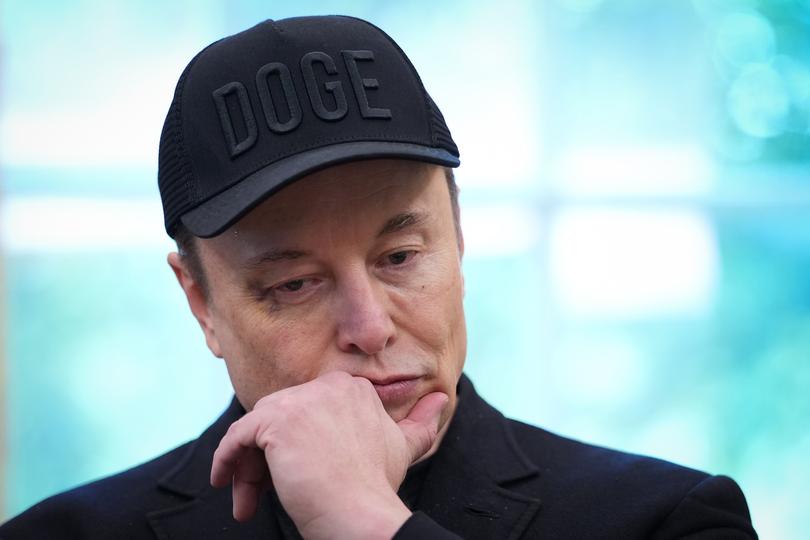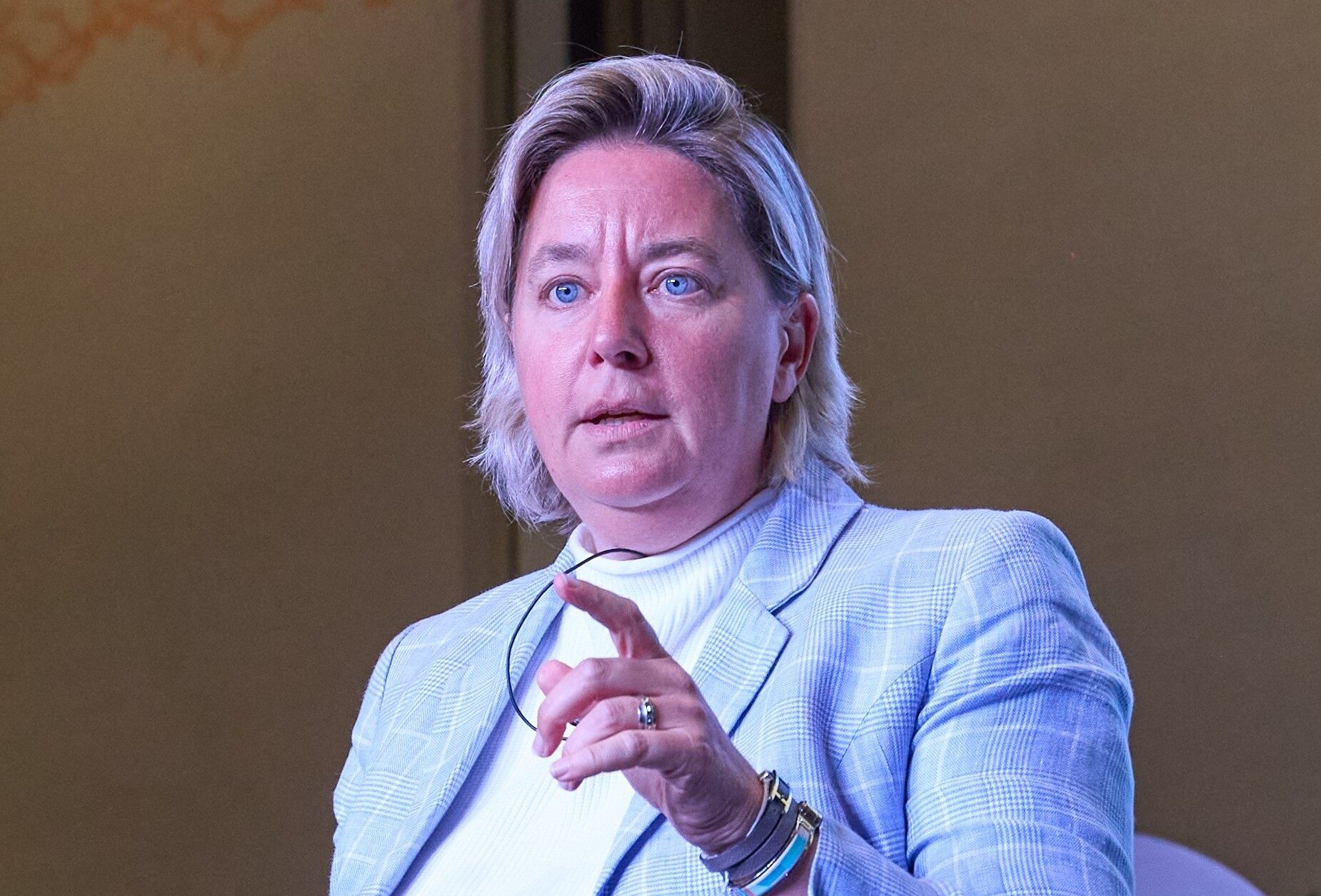Copyright cityam

Fears that global markets were in the grip of a giant AI bubble accelerated dramatically on Thursday, after Sam Altman was forced to deny that OpenAI wanted the US government to guarantee its debt. AI-related stocks fell sharply across the board, with Nvidia, US software giant Palantir and Meta all dragging the tech-heavy Nasdaq down to end the day’s trading over two per cent lower. The sell-off extended a conspicuous run of losses among tech firms, which has seen shares in Jensen Huang’s chipmaker drop more than 10 per cent in the past five days and Palantir fall 12 per cent. Shares in Meta are down nearly a fifth since it published fresh guidance alongside its results last week that vowed to double down on its lavish AI spending plans. The dramatic stock moves have accelerated fears that the years-long boom in tech stocks, fuelled by rampant speculation over the promise of artificial intelligence, has evolved into an AI bubble that will fail to deliver the financial returns investors had anticipated. Unease over sky-high valuations Several star stock pickers have voiced their unease about the increasingly eye-catching valuations that AI firms have been netting, that has seen the likes of Palantir tradloane at over 200 times forward earnings. Earlier this week, Michael Burry, whose role shorting the US housing market in 2007 partly inspired the ‘Big Short’ Hollywood film, disclosed a billion-dollar bet against Palantir and Nvidia. In a series of posts on X, the founder of Scion Asset Management compared the unprecedented amount AI firms were piling into data storage and processing power with the slowing demand for cloud computing from customers. News of the bet on an AI bubble, which emerged on Monday, immediately triggered a sell-off in AI stocks, which accelerated later in the week when OpenAI’s chief financial officer expressed a desire for the US government to guarantee its debt. Speaking at an event in California, Sarah Friar said the private AI juggernaut was exploring “an ecosystem of banks, private equity, maybe even governmental”, to a question on how it will fund a dramatic ramp up in spending. “The backstop or guarantee… can really drop the cost of the financing but also increase the loan-to-value, so the amount of debt you can take on top of an equity portion,” she said. Asked by the interviewer to clarify whether she meant a “federal backstop” to guarantee any loans issued to OpenAI by private backers, Friar said: “Exactly.” Debt acceleration ramps up AI bubble fears Boss Sam Altman backtracked on the remarks on Thursday, saying in a post on X that the firm’s leadership “believe governments should not pick winners or losers, and that taxpayers should not bail out companies that make bad business decisions”. “What we do think might make sense is governments building (and owning) their own AI infrastructure, but then the upside of that should flow to the government as well,” he added. The comments sparked a wave of investor concerns that private sector appetite for continually funding the unprecedented capital expenditure involved in the development of AI infrastructure might be drying up. Analysts also cited parallels with the sequence of events that preceded the 2008 financial crisis, when governments across the developed world stepped in to bail out their banks in a liquidity crisis. Several investors, including Scion’s Burry, have also sounded the alarm on the complex and growing interconnectedness between the US’s largest tech players. Recent months have seen a flurry of deals announced between the likes of Nvidia, OpenAI, Larry Ellison’s Oracle and Microsoft, and a sharp ramp-up in increasingly opaque debt structures. Last month, Meta inked a record-breaking agreement with private credit giant Blue Owl for $30bn (£22.8bn) of off-balance-sheet debt, the largest deal of its kind in history. And this week, Google owner Alphabet sold $17.5bn of bonds in the US, in addition to a €6.5bn issuance in Europe. “Market participants aren’t used to seeing companies with such close involvement in AGI selling off like this,” said David Morrison, senior analyst at Trade Nation. “It’s one thing for equity markets to suffer a general pullback, as happened during the Trump tariff tantrum in April. But it’s quite another to see stocks at the vanguard of AI development getting trashed. What adds to concerns is that there has been no obvious catalyst for the sell-off.” But speaking to City AM, former chair of the FCA Adair Turner played down fears that any AI bubble would result in a fallout redolent of the Global Financial Crisis. Turner argued that post-GFC regulation meant banks should be able to avoid a wider financial collapse, thanks to deeper capital and liquidity requirements. “All big financial crises we’ve ever seen over the last 50 years are about credit cycles in property and complicated, unmonitored interconnectedness between different bits of the system,” he said. “We’re not seeing that in AI yet.”



